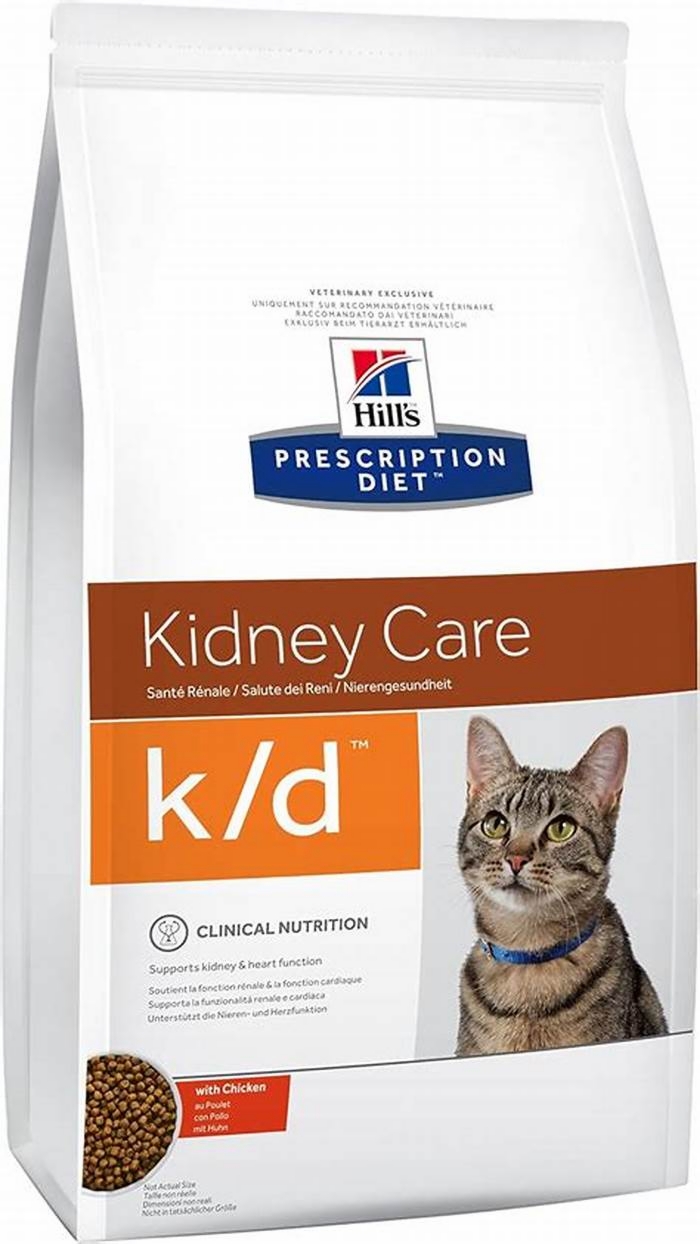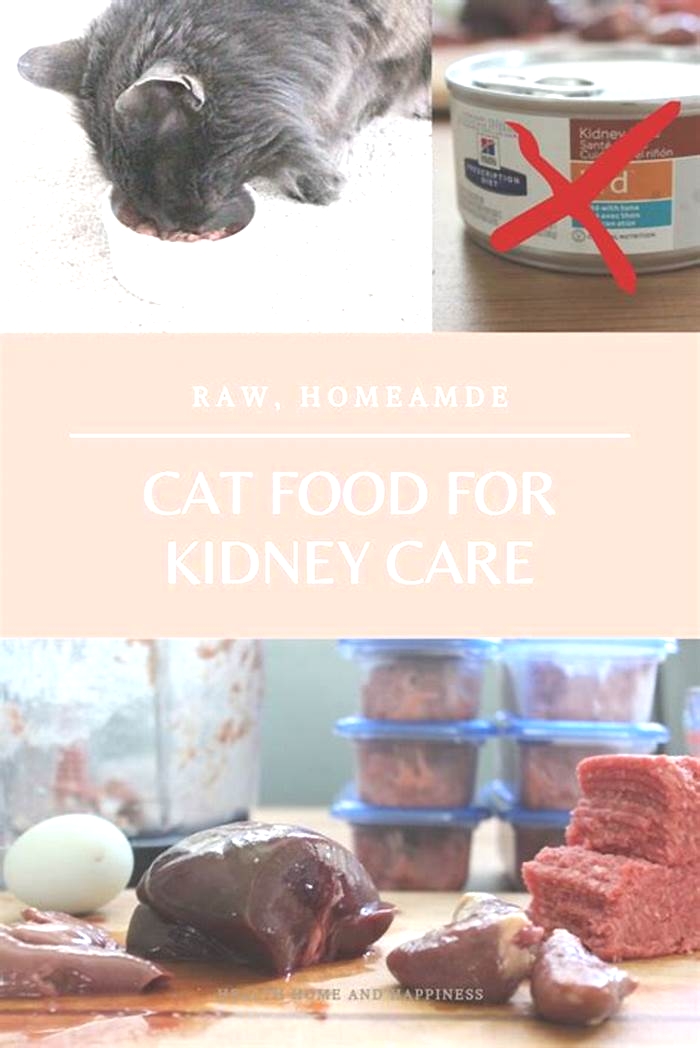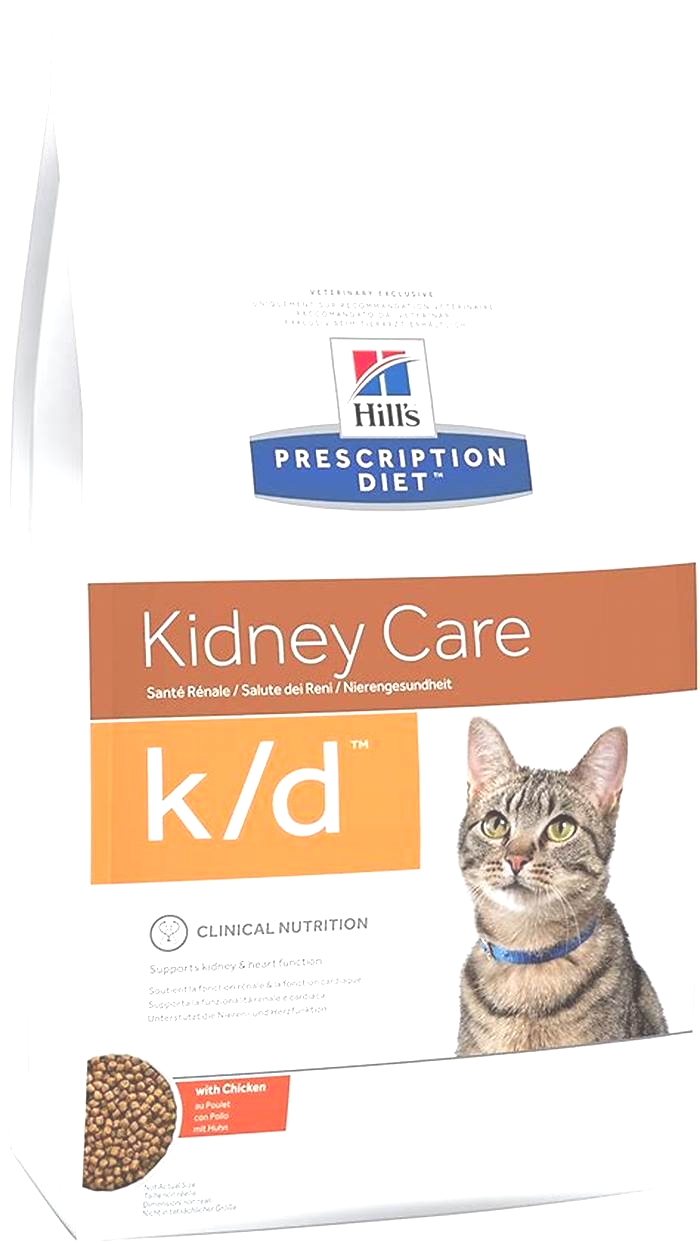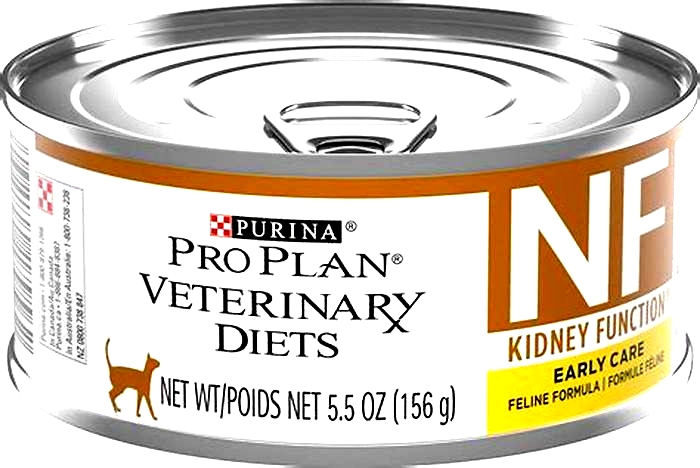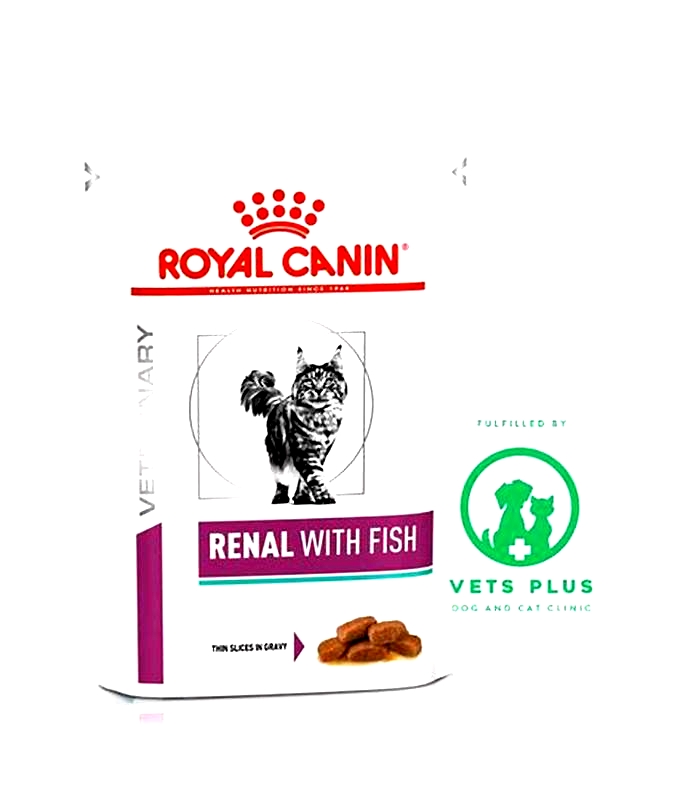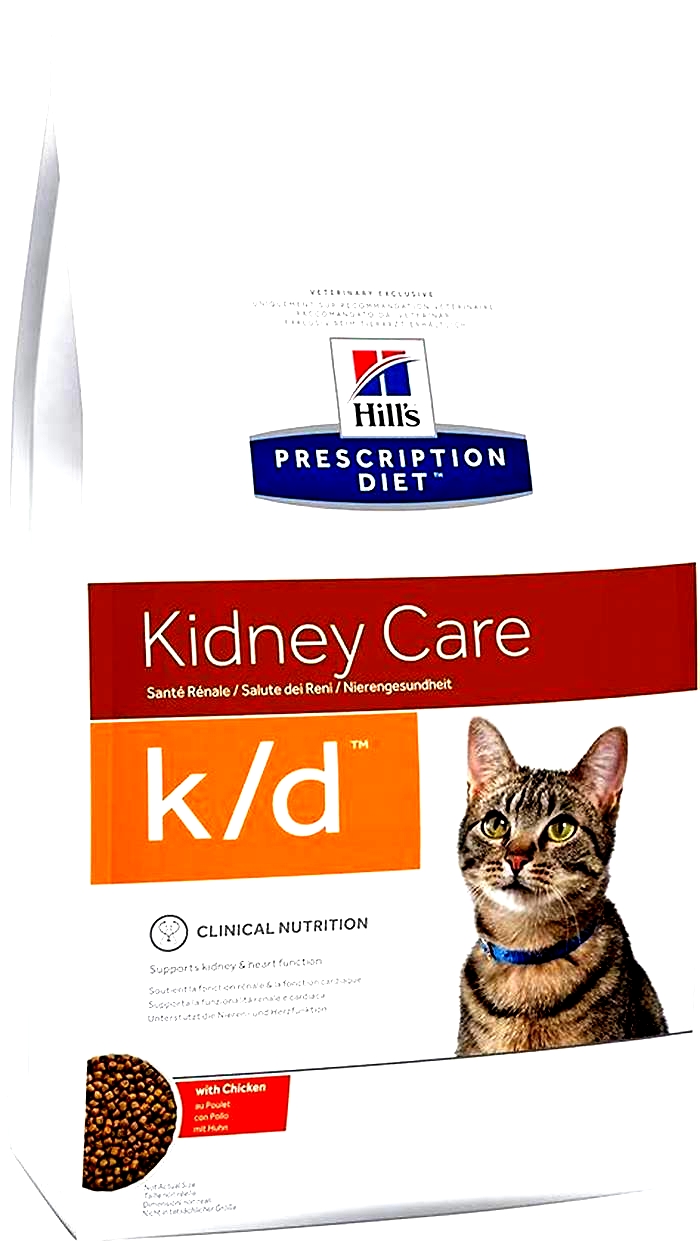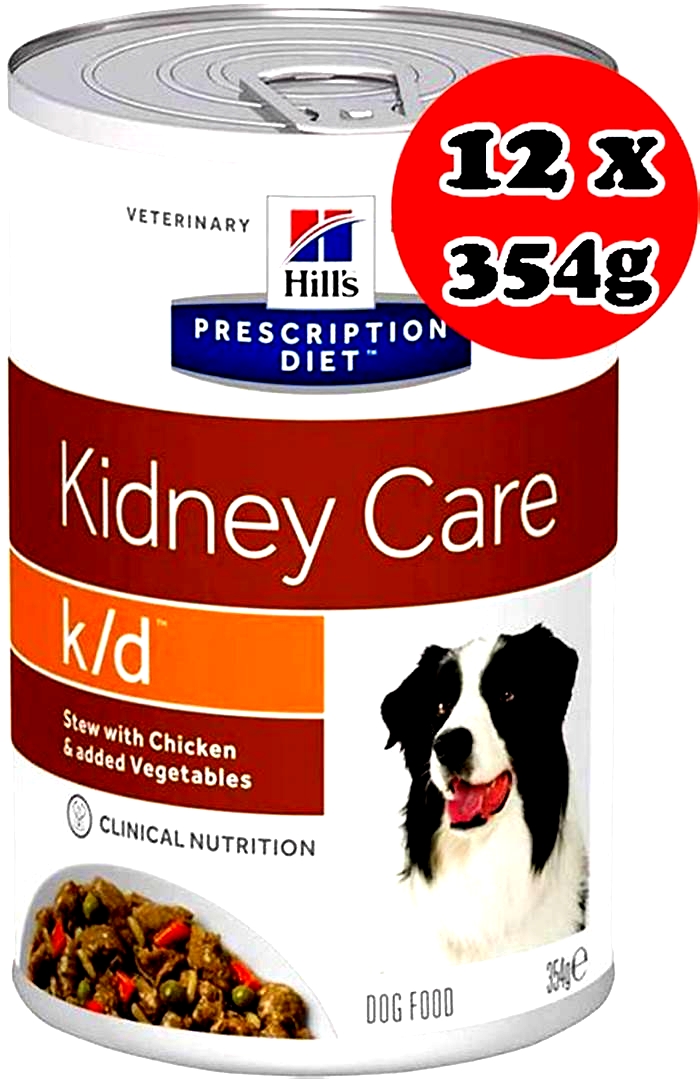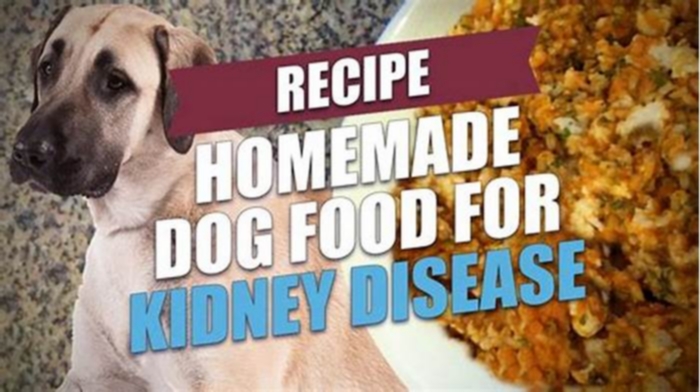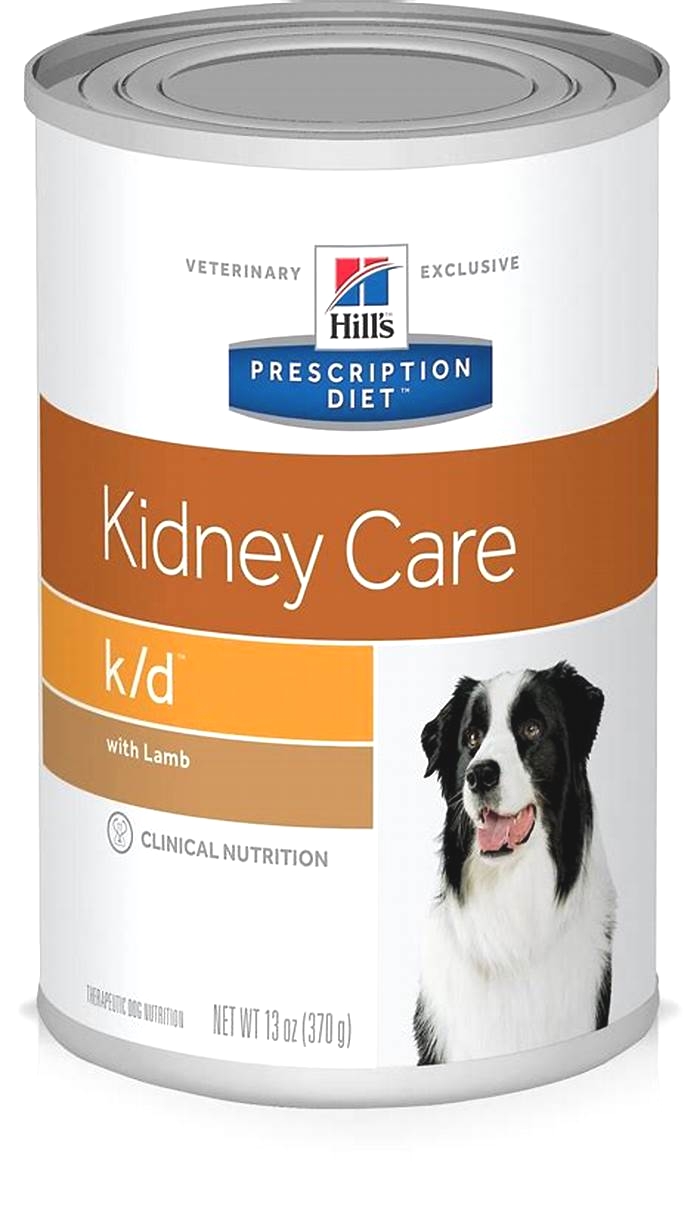best kidney diet food for cats
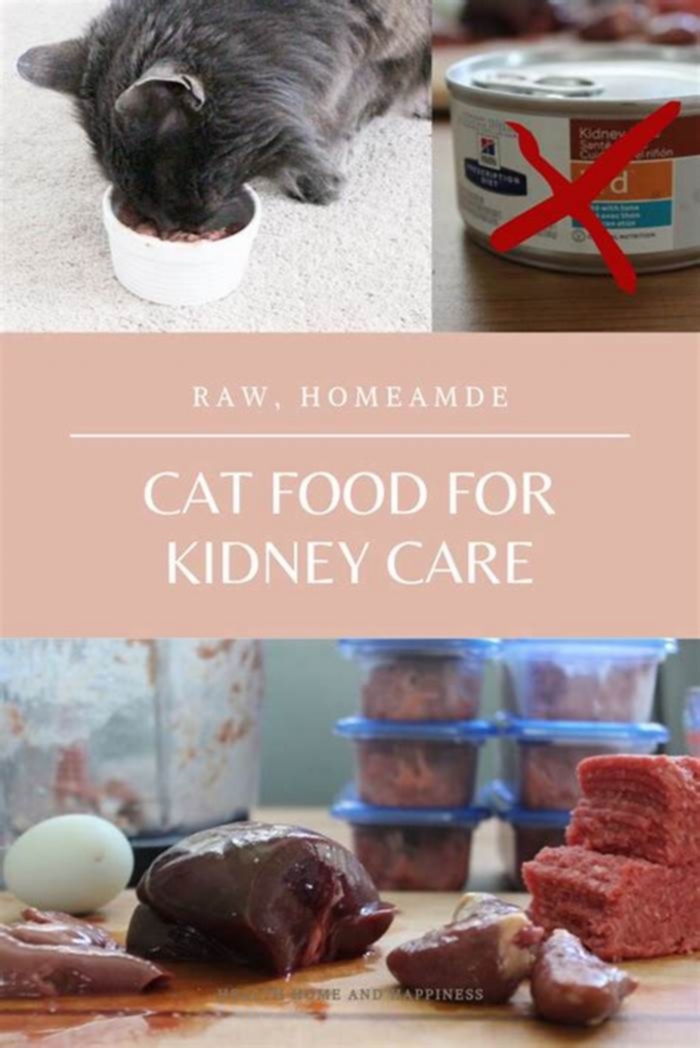
The Best Cat Food for Kidney Disease in 2022
Best Cat Food for Kidney Disease
Switching your pets diet from regular to renal support cat food can bring up many questions concerning its benefits and its long-term impact on your cat and his overall well-being. The following guide will help answer some of these questions.
How Protein Restriction Impacts Healthy Body Condition
The relationship between protein and health is undeniable. Healthy cats need to consume protein in order to survive and this applies to all felines who are carnivorous in nature. The body uses protein to fuel its organs and to produce energy needed to keep the body running like a well-oiled machine. First, protein is broken down into organic compounds called amino acids, resulting in waste products that are then transported to the kidneys where they are filtered out of the body. Feeding your cat high quantities of protein means that his kidneys have to work overtime in order to flush out the toxins and waste products from his body. Here is where kidney disease diet matters when it comes to chronically ill pets because feeding your pet a low protein diet will put less strain on the kidneys.
Choosing a premium source of protein for your cat becomes twice as significant once he is diagnosed with kidney disease. This illness is known for causing fluctuations in appetite as well as weight loss, so you need quality protein to help mitigate the negative health effects that accompany this chronic condition. Chicken, fish, and lamb are three great sources of high-quality protein that you can look for when shopping for renal support pet food. Opting for premium protein will benefit your feline in the long run and enables the body to cut back on digestive waste. Making the transition from regular pet food to low protein cat food can vastly improve the health of your aging cat. Just make sure that you consult your vet before marching ahead with your diet changing plans.
You may also like our articles on Cat Food For Urinary Tract Health and Cat Food for Sensitive Stomachs.
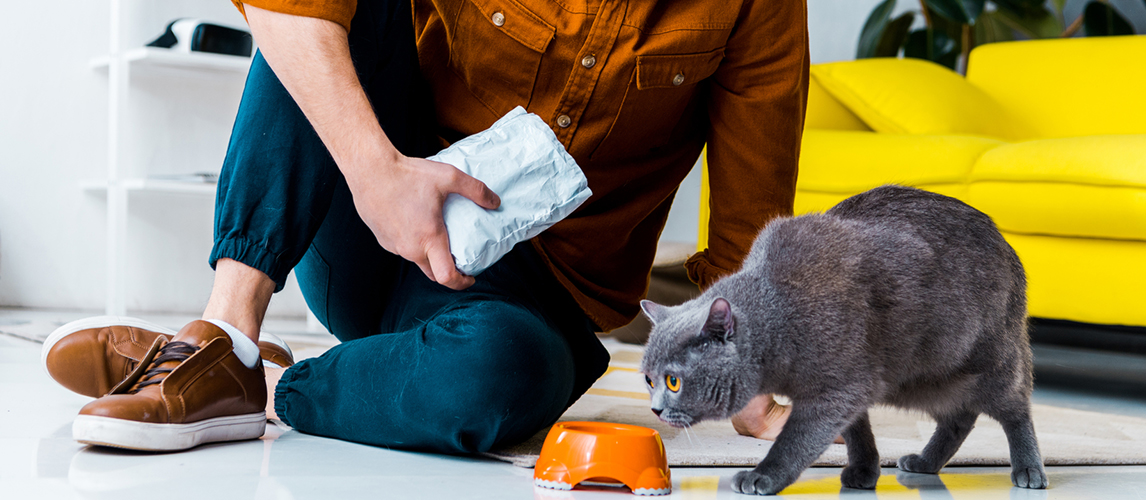
Therapeutic Kidney Diets
Diet management has a powerful impact on kidney disease in both its acute and chronic forms. Cats who suffer from this renal disease can live longer and have zero uremic episodes if they are fed a diet with a formula that was especially created with the kidneys in mind. The culprit behind this disease is not always easy to pinpoint. However, early detection can help both you and your veterinarian choose the right treatment method to tackle this terrible disease. Old cats are typically diagnosed with this illness and have to spend their senior years burdened by it. A senior cat suffering from kidney disease will drink more water and urinate frequently as a result. In contrast, acute kidney disease does not target a specific age and early diagnosis and treatment can help cats fully recover. It can also happen suddenly and without any warning due to exposure to poison, trauma or if your cat suffers from a hidden heart condition.
Therapeutic kidney diets have several things in common including vitamin supplements, low protein content as well as small quantities of both sodium and phosphorus. Both elements can have adverse effects on kidney functions since their presence in the bloodstream in large quantities reduces the ability of these organs to remove water and causes toxins to remain trapped inside the body.
Check out our guide on Cat Food for Constipation and Cat Food for Weight Loss.
The Benefits of Therapeutic Kidney Diets
- Controlled Phosphorus Levels
Several studies have shown that controlling the levels of phosphorus in the blood via diet management can slow the progression of chronic kidney disease. Therefore, choosing a low phosphorus cat food for your feline will not only improve his condition but it can also prevent the onset of other diseases. Secondary hyperparathyroidism is one example of such a disease that occurs when the parathyroid gland releases too much hormone in order to increase the amount of calcium in the blood. Too much calcium in the kidneys leads to high concentrations of phosphate. This, in turn, can cause more compilations such as heart disease and joint paint.
Protein consumption comes at a price, and this price is none other than the waste produced as a result of the body breaking down protein into amino acids. This process releases toxic substances into the blood and the kidneys are responsible for flushing these harmful toxins out of the body. Cats suffering from kidney disease will have a hard time getting rid of this waste and may lose their appetite for food and become tired as a result. Introducing a low protein diet to your feline can have a domino effect on its body since less protein means less toxins released into the bloodstream and this eventually reduces the stress on the kidneys.
The kidneys are responsible for many things including balancing water and activating vitamin D. Too much sodium in the diet disrupts this water balance and causes the excess sodium to remain inside the body. This is far from healthy, especially when it comes to cats who suffer from chronic kidney disease. High sodium levels also cause an unwanted domino effect inside the body, resulting in high blood pressure, fluid retention and extra pressure on the kidneys that are already in bad shape.
Kidney diets supplemented with omega-3 fatty acids from fish oil have a positive impact on the health and wellbeing of aging cats since they reduce the inflammation of these organs and help slow down the progress of this disease. Most premium formulas like the ones listed above will have EPA and DHA mentioned in the list of ingredients. EPA stands for eicosapentaenoic acid and DHA stands for docosahexaenoic acid.
Kidney disease diets are available in cans and are either sold in pate form or as morsels swimming in gravy. Cats who suffer from frequent urination and a diminished appetite can benefit greatly from an increase of moisture in their diets. High moisture content allows your feline companion to stay hydrated, especially during summer when high temperatures can take their toll on chronically ill senior cats.
The Importance of Water for Cats With Kidney Disease
Regulating the amount of water in the body is one reason why healthy kidneys are so important. Cats with kidney disease do not have this luxury and are more prone to dehydration. Losing water during the day and failing to stay hydrated can lead to unwanted complications. Your goal is to encourage your cat to drink for the sake of his health and your peace of mind. Luckily, there are many things that you can do around the house to prevent dehydration from occurring.
- The more the merrier, so fill up numerous bowls with fresh water and place them in strategic corners around the house.
- Invest in a cat water fountain, especially if you have more than one cat in your household. Running water is very enticing for felines who love nothing more than to drink straight from the tap.
- Moist canned food is always a great option due to its high moisture content and tasty gravy. Wet food can be a lifesaver in summer where your old cat will need all the hydration he can get.
- Frequent urination can cause your cats kidney situation to worsen. Giving your cat a balanced electrolyte solution to keep him hydrated can be the only alternative to drinking from a bowl. This solution requires the use of a syringe and can be administered by the vet.
Our Top Pick
Hills Pet is a company with decades of experience in pet nutrition and this premium dry food belongs to their excellent range of kidney support diet for cats. Adult cats who suffer from this disease can become finicky eaters with a fluctuating appetite. This kibble was especially formulated to increase calorie intake and to stimulate the appetite of aging felines who are prone to weight loss. Building muscle mass is incredibly important during this stage and this clinically tested formula has enough amino acids to help the body with this process. Hills prescription diet also contains omega-3 fatty acids, L-carnitine in addition to B-complex vitamins. Low levels of premium protein and sodium contribute to the overall wholesomeness of this kidney diet for cats. All of the above features make this Royal Canin product our top pick thanks to the support and protection it offers to both the heart and kidneys.
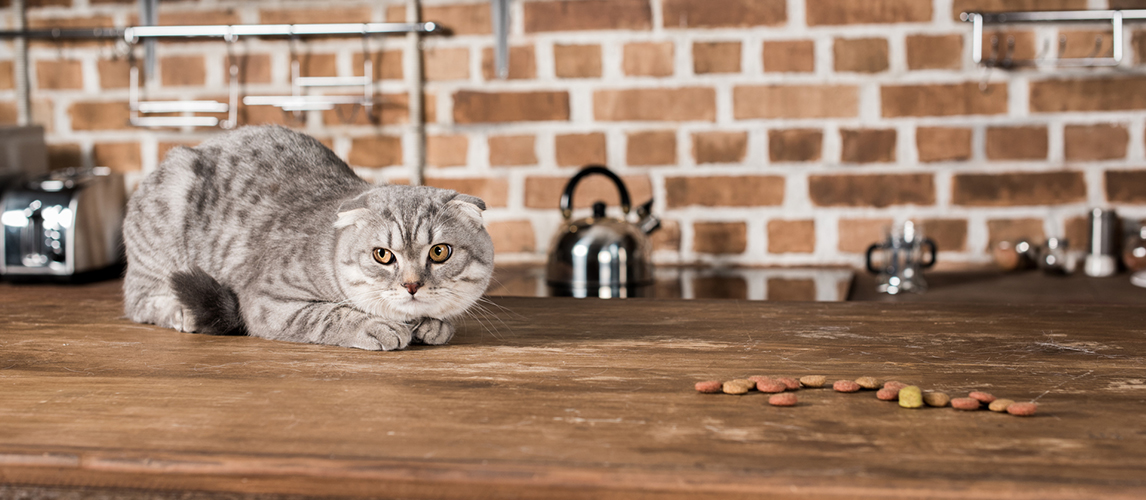
Kidney Diets for Cats: What to Look for
By Jennifer Coates, DVM
Kidney disease is extremely common in cats. It can develop quickly, because of something like an infection or exposure to antifreeze, or over many years for no apparent reason. Symptoms and treatment for kidney disease vary depending the specifics of the case, but oftentimes, a diet change can help.
Why Diet Matters
The kidneys have many roles in the body. Two of these major roles include removing waste products from the bloodstream and conserving water. When kidney function declines past a certain point, toxic waste products like urea and phosphorous begin to back up within the body, which can make a cat feel terrible. Poor kidney function also leads to dehydration because more water than normal is lost in the urine.
Both of these problems can be at least partially addressed with diet. Foods that have a high water content can help prevent dehydration, and when cats eat a diet made from moderate amounts of high quality protein, they produce less urea and phosphorous that then needs to be eliminated.
Over-the-Counter Foods
Cats who are in the early stages of kidney disease often thrive when fed an appropriate, over-the-counter food. Canned foods are best because they contain much more water than dry foods, but you still need to make sure the diet is made from high-quality ingredients.
Look for animal-based protein sources (chicken, beef, salmon, etc.) that sound like something you might eat rather than a byproduct of a manufacturing process. If your cat simply will not eat canned food, choose a dry food that is made from high-quality ingredients and do everything you can to encourage your cat to drink a lot of water. If your cat eats dry food, you may need to start giving subcutaneous fluids (fluids injected under the skin) sooner than you would otherwise.
Determining the right protein level for your cats food is tricky. Too much protein will increase the amount of urea and phosphorous the body needs to get rid of. On the other hand, cats with chronic kidney disease often suffer from muscle wasting, and too little protein can make this problem worse. Your veterinarian is the best person to make a recommendation regarding an appropriate dietary protein level for your cat.
Prescription Foods
Cats with more advanced cases of kidney disease can benefit from eating a prescription food. Prescription kidney diets tend to provide a moderate level of protein but are quite low in phosphorous, which helps keep the production of waste products as low as possible. These foods also usually have a reduced sodium content to prevent dehydration, are high in specific amino acids to promote muscle mass and contain other ingredients, like omega-3 fatty acids, that support kidney health.
Prescription kidney diets are available in canned and dry formulations, but once again, canned is usually best because of its high water content. The biggest problem with these foods is that cats will sometimes refuse to eat them. Manufacturers have worked hard to make their products tastier than they used to be, but you may still need to try several before you find one that your cat will relish.
Homemade and Raw Foods
When a cat is not eating enough to maintain a healthy weight, that particular food is failing to meet his or her nutritional needs even if it looks like it should be a good choice. The solution may be as simple as trying a different brand of prescription kidney diet or over-the-counter food, but if youre willing to cook for your cat, a homemade diet might also be a good option. Homemade foods are usually so tasty that they will improve almost any cats appetite.
However, homemade diets can also be dangerous. Studies have shown that the majority of homemade pet diets are nutritionally incomplete, and this is especially true for the kidney disease recipes that you can find online or in books. Raw diets can also be risky for sick cats because their immune systems are not as strong as they once were and uncooked meat in particular can expose cats to potentially dangerous food-borne pathogens.
Before feeding your cat a raw or home cooked diet, talk to your veterinarian and/or a veterinary nutritionist who can put together a safe and nutritious recipe that will meet all of your cats needs.

